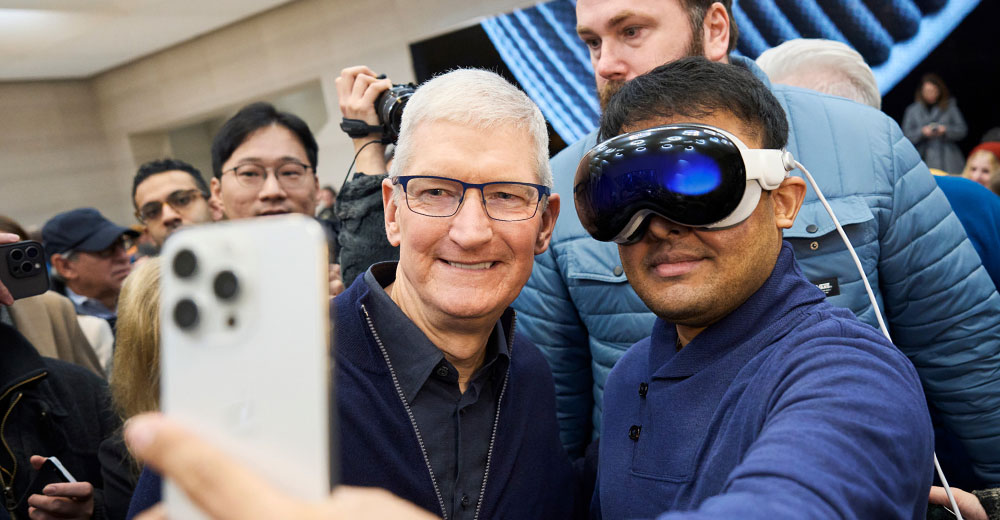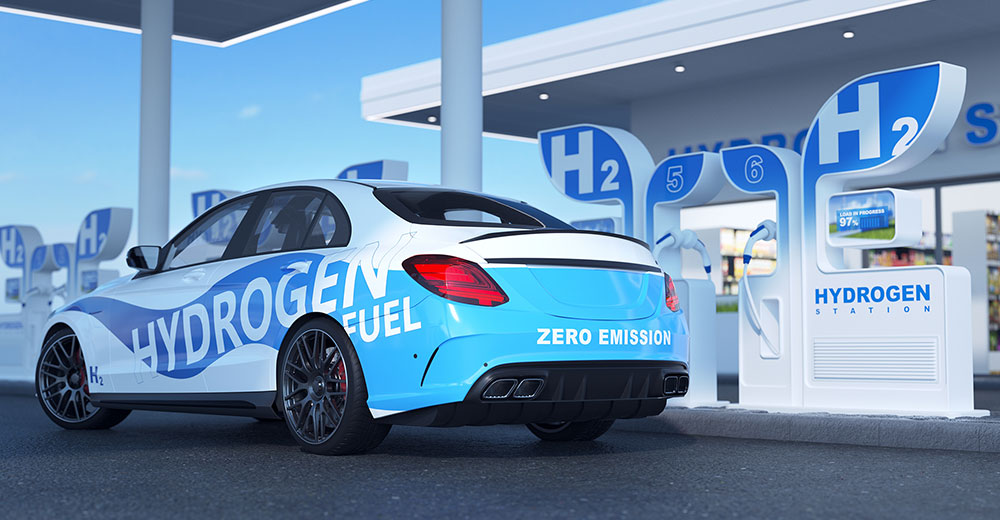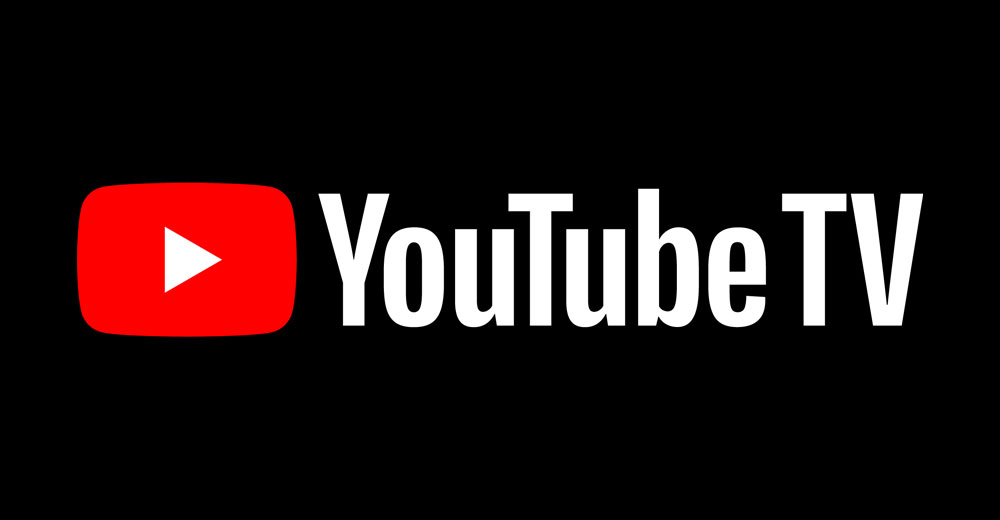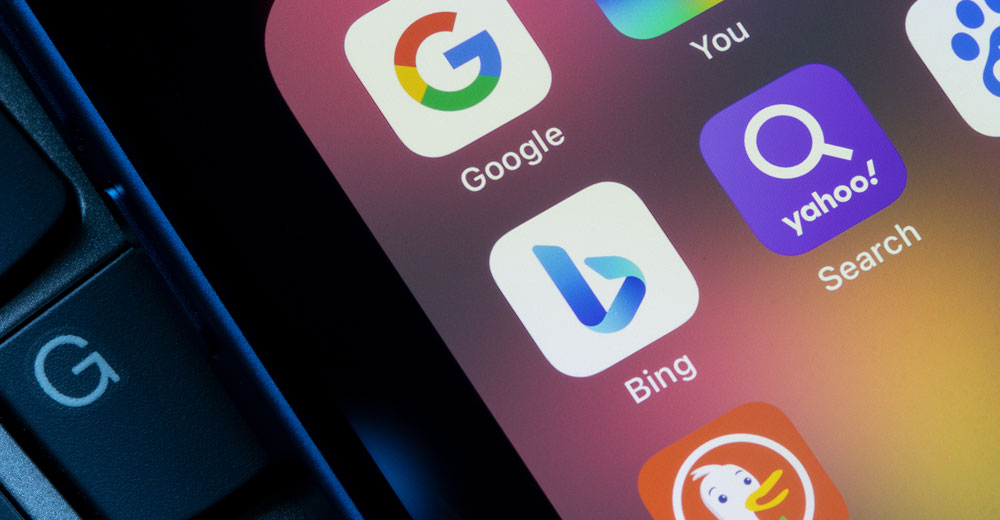As an ex-IBM competitive analyst, one of the things I enjoyed the most was making a competitive comparison, particularly when it was between any company but my own. The reason for this is that, even in business, no one likes to hear their baby is ugly.
Meta is bringing Threads to market, which looks like a Twitter clone. Typically, an effort like this would likely fail because you generally can’t pull customers from a service by merely offering something similar; you have to disparage the competing product successfully to force behavior change.
But Elon Musk has upset so many users that there is significant potential for him to lose users en masse to a similar service that doesn’t have Musk connected to it.
Let’s explore the battle to come and why it could be catastrophic for Twitter. We’ll close with my Product of the Week: the new m18 gaming laptop from Alienware, an amazingly powerful notebook with an awesome 18-inch screen.
IBM vs. Sun Microsystems Example
When looking at a future competition, starting with something similar that occurred in the past is often helpful. The 1980s battle between Sun Microsystems and IBM, which I watched first-hand, is a good example.
In the 1980s, IBM concluded that customers were so locked in to IBM that they couldn’t move, so IBM could do anything it wanted. I once brought this up to the head of marketing for my unit as a huge potential problem because customer surveys indicated our customers were extremely upset. He laughed at me and said, “What we do is like selling air. The customers don’t get a choice.”
But Sun Microsystems was pushing a solution that didn’t even work and still almost put IBM out of business by providing an alternative. Folks were so sick of being mistreated that they jumped at it with the help of Sun salespeople, who leaned in on IBM’s bad behavior and forced the change.
The switch was neither quick nor easy, and as I’ve noted, the replacement technology didn’t work yet. Still, IBM, the most powerful technology company in the world until then, almost went under, fired its CEO, and had to endure massive layoffs.
Since then, IBM has reclaimed its reputation as one of the most trusted vendors in tech by not locking in customers and excelling at treating them well, but it has never fully recovered to the level of power it once held.
In short, what saved IBM and gave it time to recover was the excessively high switching cost that was inherent to the products and services IBM supplied.
Twitter’s problem is that it isn’t an enterprise vendor like IBM, where there are contracts and massive dependencies, making it difficult to move between services. Elon Musk’s policy and operational changes to Twitter have driven away many users even though replacement services like Mastodon, Truth Social, and others are nowhere near the same.
Twitter has been bleeding users at a high rate. Whenever it looked like Twitter was turning a corner, Musk seemed to make another questionable decision, causing more users to leave. The latest decision is limiting the number of Tweets a user can read for free, even though Twitter doesn’t create its own content.
Additionally, Twitter policies have driven away advertisers during a time when there wasn’t a good alternative for that ad’s expenditure. With ad spend, once it is done regularly, it tends to be somewhat grandfathered effectively by locking the advertiser to the medium on which it advertises.
While it’s hard to get the advertisers at first, once you have them, they’ll typically stay with you for a time, even if the ads aren’t working, unless you do something to upset them. Twitter has largely become an unsafe platform for advertisers.
Most of these advertisers also advertise on other social media platforms like Facebook, making it exceedingly easy for them to discontinue their relationships with Twitter and move to Threads, which, to them, comes from a known entity with less brand risk than Twitter now seems to have.
Threads
Threads, which officially launched last Thursday, looks to be a near clone of Twitter. Threads focuses on the issues that upset Twitter users most and promises to treat them better. While Facebook hasn’t been without problems, particularly regarding seemingly uneven moderation, it remains night-and-day less annoying than Twitter has become.
There are clearly those who don’t trust Zuckerberg or Facebook, but not to the point where there have been mass defections. While initially concerned about low conversion rates on Facebook, advertisers appear to be happier with Facebook than they are with Twitter.
This combination of aggravation with Twitter, the low switching cost for users and advertisers, and the belief that Facebook is more stable, reliable, and trustworthy than Twitter set up what could be a perfect storm for this new service.
However, there are two potential downsides.
Meta/Facebook may not have properly anticipated loading, and it is likely — because it has undoubtedly happened before — that enough users may jump on the platform so quickly that it fails. Meta has massive resources and should expect this, yet other companies have had similar problems only to find they didn’t correctly anticipate loading. The services were subsequently unreliable at first, which slowed migrations.
Another issue is that Meta doesn’t market well or often. Without marketing, the speed of migrations may be slowed. However, given the prior problem and potential for overloading the service, this disadvantage may initially work to Meta’s advantage, helping assure that the servers running Threads aren’t overcome and won’t initially fail. We should know soon if it hasn’t already crashed.
Wrapping Up
Elon Musk’s management of Twitter has set up a near-perfect storm that could cause Meta’s Threads platform to do to Twitter what Facebook did to Myspace. Remember Myspace and how quickly it failed? This perfect storm provides the potential to make Twitter non-viable as a company if Threads can take the load (and that’s a big if), causing Twitter to lose more users and advertisers than it can sustain.
This failure will be very visible and could create problems for Musk’s other properties in terms of reliance and valuation and drive media coverage on Musk that will be anything but favorable. In short, a truly catastrophic collapse of Twitter could cause cascading problems for Musk’s other firms, some or all of which may reconsider having Musk as CEO.
If this happens, I expect it will happen reasonably quickly. Twitter and Musk’s future outcome should be apparent before the end of the quarter and possibly even this month. The next few weeks should be fascinating to watch and, regardless of how things turn out, will be a lesson that perhaps challenging a competitor to a cage match isn’t the best way to address a massive competitive disadvantage.
I should add that this match, from Zuckerberg’s perspective, is a no-brainer. He’s already trained for it, and it will distract Musk from creating a better Twitter defense. Zuckerberg isn’t critical to Threads’ success, but Musk is crucial to Twitter’s defense, suggesting Zuckerberg is maturing in his CEO role better than Musk has.

Alienware m18 Gaming Laptop
The Alienware m18 is a beast of a laptop. Starting at $1,899.99, it isn’t a cheap date, and it weighs in at nearly nine pounds, making it heavier than several of the more portable laptops I have combined; most of the laptops I have are closer to three pounds.
This laptop is best for the serious gamer who wants the power of a desktop computer in something more portable.

Alienware m18 Gaming Laptop (Image Credit: Dell)
The 330W power adapter on this thing is massive. I often wonder if it would be better for laptops in this class to have a built-in power supply because the device is already weighty, and a big heavy power supply makes it harder to carry. If they were integrated, you could put a handle on the laptop and just carry the thing as a unit rather than juggling two large devices when moving it around.
The other audience for a laptop of this size and power is creators, including animators, AI developers, game designers, some types of engineers, scientists, and researchers who don’t need software certifications to ensure it will work (workstations typically have those certifications; gaming computers don’t).
The m18 is a point-to-point product, meaning you likely aren’t even going to try to use it in a car or on a plane. Battery life is very short, and there is a good chance the car or plane can’t provide enough power to run the thing, even if you can figure out how to open it in that limited room.
It will make a decent TV alternative if traveling, though, and that 18-inch screen is awesome when trying to do major projects compared to typically smaller laptop screens.
Benchmarking this laptop against others showcases its strengths. Although gaming battery life is only two hours, you can get up to four and a half hours for non-gaming (videos, etc.), so you might be able to use it on plane or car trips to watch movies.
I was impressed with the keyboard and silent fans. I really couldn’t tell it was on when I wasn’t gaming, and when gaming, I didn’t notice the noise. It does get warm when gaming, but since you need a mouse to game, I don’t picture gaming with this on my lap.
One other thing that’s fun is the lighting. It’s adjustable and makes it clear that this is like no other laptop on the market. I’m impressed with this beast, making the Alienware m18 my Product of the Week.
























































